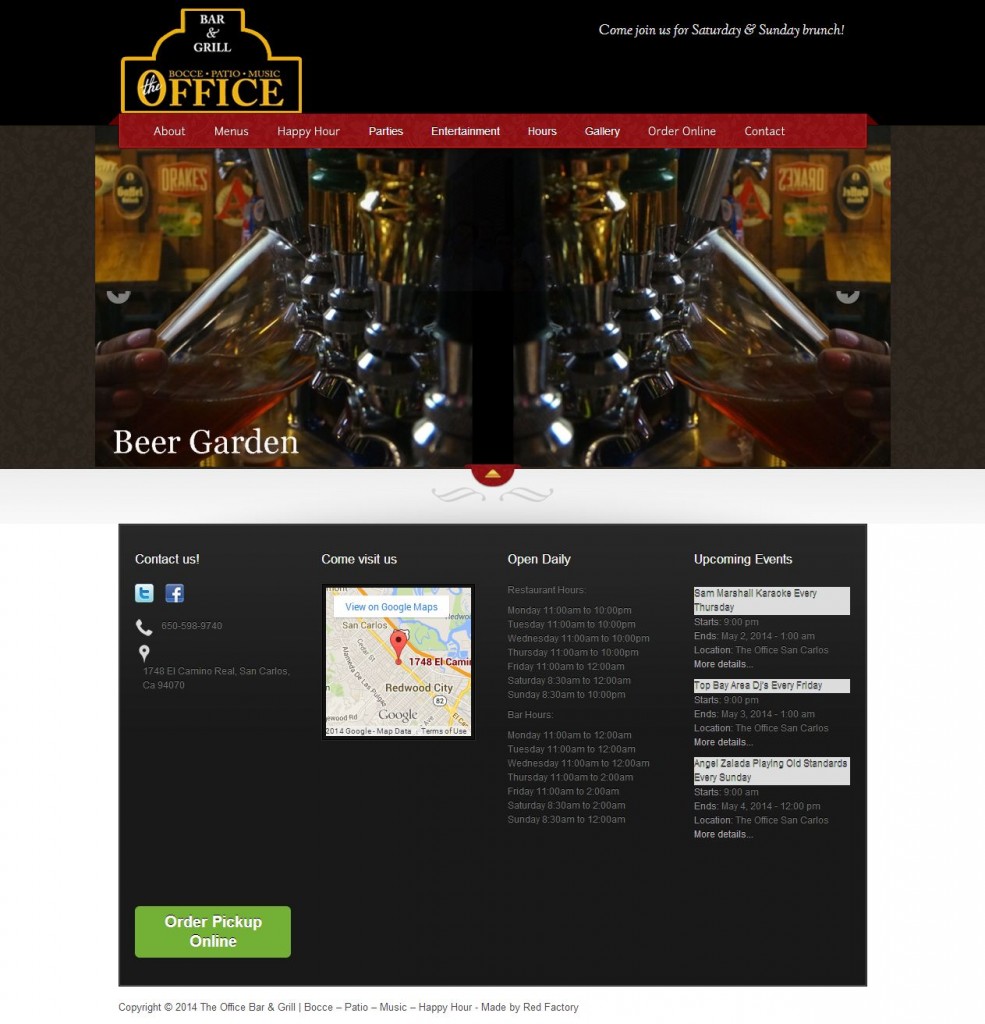As a small business, your website is a vital piece of your marketing and branding efforts. Visitors are coming to your website for a specific reason, and you want to ensure that you answer their questions and use your website to sell your product or service.
Grow your bottom line by avoiding many of these common mistakes among business owners:
1. Putting urgency over understanding your target market.
Instead of focusing on getting your website done as soon as possible, you must first research your target audience in your specific market. Then, design your website around your research.
For instance, if your target market is older, perhaps the font size should be larger. Or if your product is geared towards a younger demographic, then you need to think about catering your site to be smartphone compatible.
You’re going to have to determine where should your users go once they get to your site? That question is easily answered if you know your market.
2. Design is too busy or flashy.
Our company, Good Ad Design, is a web design and development company, and we know that in order to be successful on the Internet you need to focus on marketing your website — not a flashy design. Your design should not just be focused on bringing users there, but also getting them to the right place once they reach your homepage.
Plus, flashy websites don’t look good on mobile phones or tablets, and a large majority of Internet users now visit websites from these wireless devices.
Remember: when a visitor comes to your website, they probably already know what they want out of it. If within three seconds they can’t figure out what to do next, you might need to go back to the drawing board.
3. No clear call to action.
What do you want users to do once they’ve found your website? Do you want them to buy your product, contact you, or subscribe to your business e-newsletter? You need to tell visitors what the next step is and when (ideally, now!). Your content should answer the question, “What’s in it for me?” and then the call to action tells them what to do next.
4. Paying too little or too much.
You don’t know how many times people come to our company after they’ve hired a cheap designer, let them make business decisions that are poor, and ended up with a horrible product. At the same time, companies get distracted by expensive agencies that work with big brands, and don’t realize these agencies might not be able to help a small business that’s ROI focused. Simply put: don’t blow your budget on your website, but do your research to ensure you’re receiving a quality product.
5. Stale, out-of-date content.
Customers expect your website to contain the latest information about your products, services, and company. When it doesn’t have this, they may assume you’re not in business any longer, or simply aren’t innovative and ahead of the competition. Your content must address the needs of your customers (or potential customers) and be updated as things change. If you have a blog, updating it at least once a week — if not more — can help you drive visitors to your website and keep search engines happy.
6. Trying to target everyone.
This goes back to knowing your target market; your website will be a mess if you try to accommodate every kind of visitor you might end up getting. It’s best to figure out your most frequent users and focus on creating the best possible experience for them. If you try to please the masses you’ll likely end up not pleasing anyone.
7. Taking the DIY route.
Your website is often your customers’ first experience with your brand. If you don’t have design experience, do you really think you can do it justice? Remember first impressions are everything. Don’t allow your customer to make assumptions about your business because of a poorly designed website.
